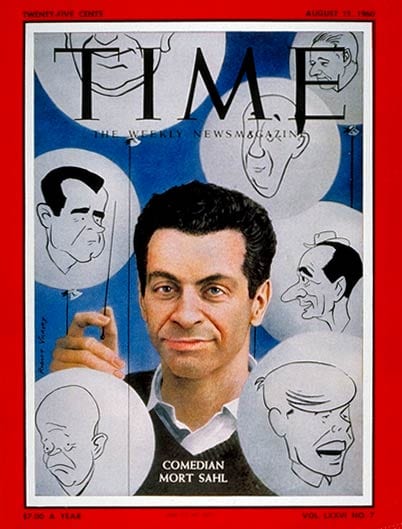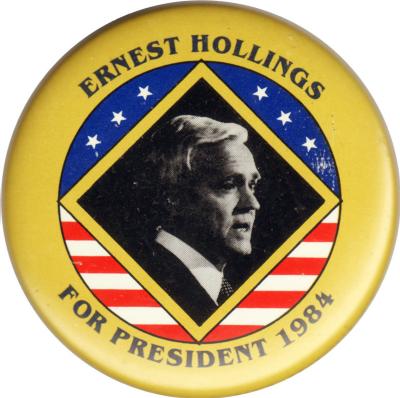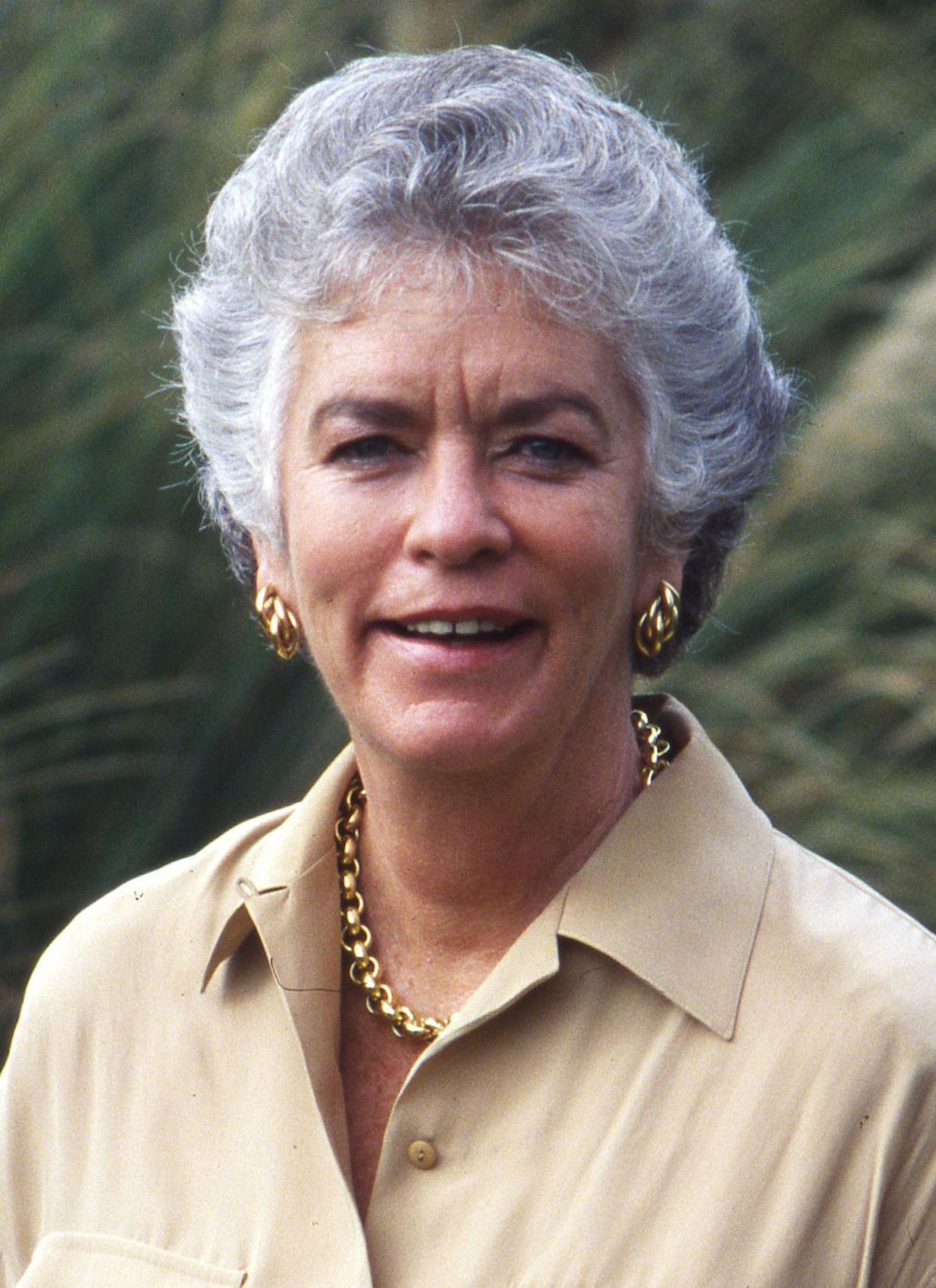 The easy part is done. Even the redacted version of the Mueller Report presents a detailed manual of what happened during and after the 2016 election, and in many cases, how it happened. And although we may disagree with Robert Mueller’s decision to adhere to the questionable policy from the Office of Legal Counsel at the Department of Justice that a sitting president cannot be indicted, there is no argument the Special Counsel and his team approached their task in an adult and professional manner.
The easy part is done. Even the redacted version of the Mueller Report presents a detailed manual of what happened during and after the 2016 election, and in many cases, how it happened. And although we may disagree with Robert Mueller’s decision to adhere to the questionable policy from the Office of Legal Counsel at the Department of Justice that a sitting president cannot be indicted, there is no argument the Special Counsel and his team approached their task in an adult and professional manner.
Dr. ESP, we understand “professional,” but the term “adult” was totally unexpected. Let me explain. As many of you know, for many years I have devoted time to the study and teaching of creativity. One module in the curriculum is called, “Don’t ask so few questions!” This title draws on the tendency of frustrated parents to inhibit the inherent curiosity of their children by asking, “Why do you have to ask so many questions?” One has to appreciate the irony that the father’s or mother’s rebuke is itself a question.
Yet, it is not just the number of questions children ask, but the nature of their inquiries. What questions drive parents to despair? WHY is the sky blue? WHY can’t I have dessert at the beginning of dinner? WHY can’t I watch the same TV shows you watch? WHY can’t I have a baby sister? Unlike adults who focus on the WHAT, HOW and WHEN of life, youthful curiosity unconsciously seeks the deeper meaning behind an experience or event.
With this in mind as I scanned the Mueller Report, I wondered how it might have differed if the investigative team had consisted of fewer adults and more children. Would the junior members of the team have had a different interpretation of the May 17, 2017 directive by Rod Rosenstein upon the appointment of Mueller as special counsel.
(b) The Special Counsel is authorized to conduct the investigation confirmed by then-FBI Director James 8. Comey in testimony before the House Permanent Select Committee on Intelligence on March 20, 2017, including:
(i) any links and/or coordination between the Russian government and individuals associated with the campaign of President Donald Trump; and
(ii) any matters that arose or may arise directly from the investigation; and
(iii) any other matters within the scope of 28 C.F.R. § 600.4(a).
(c) If the Special Counsel believes it is necessary and appropriate, the Special Counsel is authorized to prosecute federal crimes arising from the investigation of these matters.
Unfortunately, an audience composed solely of adults looked at this charge and did what adults do. They took it literally. WHAT happened? HOW did it happen? WAS it legal? However, Russian interference in the 2016 election and the efforts by Donald Trump and his associates to obstruct justice were mere symptoms. Think of it in medical terms. You go to a doctor because you have a skin rash. The physician may give you an ointment to relief any discomfort, but hopefully, will also look for the root cause, e.g. allergies, chemical imbalance.
We still do not know the specific root cause of events over the past three and a half years. That is where youthful curiosity would have been of value. Consider these questions by the special counsel to which Trump and his lawyers provided written responses.
- When did you first learn of the June 2016 meeting at Trump Tower?
- Did you communicate with (various Russians) after June 3, 2016?
- Did any person or entity inform you during the campaign that any foreign government…wished to provide tangible support to your campaign?
- Prior to June 14, 2016, were you provided any information about the potential or actual hacking of the computer systems or email accounts of the DNC?
- Where were you on October 7, 2016? (That was the day WikiLeaks released John Podesta’s emails.)
- How frequently did you communicate with Roger Stone?
And it goes on and on in this manner. “Were you aware…?” “Did anyone tell you…?” And of course, as we now know, on 36 occasions, a man who previously claimed he had the best memory of anyone ever to hold the office of president replied, “I do not remember or I cannot recall.”
But, just imagine if a child had written the questions? Surely, with tangible evidence of questionable activities in hand, one would have been more curious about WHY these events took place. From my perspective, at a minimum, I want to know:
- Why did so many Trump associates interact almost exclusively and so frequently with Russians during the campaign?
- Why when warned of possible Russian interference by the FBI, the Trump campaign did not report Russian overtures made to Trump family members and campaign staff?
- Why did Trump and his associates consistently lie during the campaign and once in office about interactions with Russians?
To be fair to Mueller and his team, maybe the WHY questions were part of the obstruction investigation which Trump and his lawyers refused to answer. Perhaps we will get more answers to the WHY questions as part of the 14 on-going investigations which Mueller passed off to other DOJ divisions.
I remain on the fence whether a formal impeachment process is in the best interests of the country. Regardless, there remains a need for continued oversight hearings to get to these WHY questions because they provide us with a better chance to prevent similar future occurrences. And the focus should be not only on campaign issues, but also governance concerns. It is one thing for a candidate to succeed in part due to illegal activity. It is perhaps even more dangerous for the incumbent to be compromised due to foreign entanglements.
That is why I agree with those members of Congress and pundits who believe the time has come to legislate norms for electoral behavior which most of us believed a candidate for president would or used to follow. The most obvious is a requirement that any candidate release his/her tax returns and related business documents for a set period upon announcing a run for the White House. However, there are other questions which provide a road-map of possible safeguards.
- Should the president have the ability to unilaterally override recommendations by the FBI and the intelligence community related to security clearances?
- Should the president have the authority to pardon individuals who have been convicted of criminal activity in service of the president?
- Should an attorney general appointed by a president under criminal investigation be required to recuse himself/herself from any role in the investigation or its resolution?
- Should the president be required to divest himself/herself of any business interests in foreign countries?
As Czech writer Milan Kundera reminds us, “The stupidity of people comes from having an answer to everything. The wisdom of the novel comes from having a question for everything.” Before seeking more answers, let us be sure we are asking the right questions.
For what it’s worth.
Dr. ESP
 At approximately 2:30 p.m. EDT yesterday, everyone stopped talking about Trump or the 3,000 announced candidates for the Democratic nomination. It was all about Tiger. After what many, including Tiger, believed were career ending back surgeries less than two years ago, Woods restarted his quest to match or surpass Jack Nicklaus’ 18 majors (now at 15) and Sam Snead’s 82 PGA victories (81 for Tiger).
At approximately 2:30 p.m. EDT yesterday, everyone stopped talking about Trump or the 3,000 announced candidates for the Democratic nomination. It was all about Tiger. After what many, including Tiger, believed were career ending back surgeries less than two years ago, Woods restarted his quest to match or surpass Jack Nicklaus’ 18 majors (now at 15) and Sam Snead’s 82 PGA victories (81 for Tiger). Before there was George Carlin or Lewis Black, there was Mort Sahl. In August 1960, Sahl appeared on the cover of Time Magazine and was lauded as the person who could, through social satire, help voters understand the choices in the upcoming presidential election. In what seems unimaginable today, Sahl befriended several presidents despite his sometimes critical commentaries and was often invited to accompany them on Air Force One, which resulted in my all-time favorite Mort Sahl story which, 50 years later, I can only paraphrase.
Before there was George Carlin or Lewis Black, there was Mort Sahl. In August 1960, Sahl appeared on the cover of Time Magazine and was lauded as the person who could, through social satire, help voters understand the choices in the upcoming presidential election. In what seems unimaginable today, Sahl befriended several presidents despite his sometimes critical commentaries and was often invited to accompany them on Air Force One, which resulted in my all-time favorite Mort Sahl story which, 50 years later, I can only paraphrase. One fact of life as we grow older is how the passing of friends and colleagues forces us to reflect on past experiences. This past Friday, I recalled one of the more interesting phases of my career with the announcement former South Carolina Senator Ernest “Fritz” Hollings had died at the age of 97. As I have mentioned a couple of times on this blog, I had the opportunity to serve as director of operations for the Senator’s 1984 presidential campaign. In his memory, I want to share one of the more memorable episodes in this short-lived drama.
One fact of life as we grow older is how the passing of friends and colleagues forces us to reflect on past experiences. This past Friday, I recalled one of the more interesting phases of my career with the announcement former South Carolina Senator Ernest “Fritz” Hollings had died at the age of 97. As I have mentioned a couple of times on this blog, I had the opportunity to serve as director of operations for the Senator’s 1984 presidential campaign. In his memory, I want to share one of the more memorable episodes in this short-lived drama. Which brings me to part two of this story. If you think the candidate or the campaign manager is in charge of a political contest, think again. In our case, the driving force behind Hollings run for the White House was his wife Rita, more affectionately known as “Peatsy.” The morning after the New Hampshire “massacre,” Mrs. Hollings was in our office. It’s been more than 35 years; so I can only do my best to recall the conversation but here is the essence.
Which brings me to part two of this story. If you think the candidate or the campaign manager is in charge of a political contest, think again. In our case, the driving force behind Hollings run for the White House was his wife Rita, more affectionately known as “Peatsy.” The morning after the New Hampshire “massacre,” Mrs. Hollings was in our office. It’s been more than 35 years; so I can only do my best to recall the conversation but here is the essence. In what often appears to be a random existence, Carl Jung tells us there is synchronicity. Consider the following example of symmetry. Two weeks ago tonight Robert Mueller submitted his report on Russian interference in the 2016 presidential election. Two weeks from tonight, Jews around the world and their guests will come together to once again celebrate Passover, a holiday which commemorates the exodus from Egypt. The ceremony is called a Seder (literally Hebrew for “order”) which centers on the retelling of the story of the Israelites’ freedom from slavery and journey to the promised land.
In what often appears to be a random existence, Carl Jung tells us there is synchronicity. Consider the following example of symmetry. Two weeks ago tonight Robert Mueller submitted his report on Russian interference in the 2016 presidential election. Two weeks from tonight, Jews around the world and their guests will come together to once again celebrate Passover, a holiday which commemorates the exodus from Egypt. The ceremony is called a Seder (literally Hebrew for “order”) which centers on the retelling of the story of the Israelites’ freedom from slavery and journey to the promised land.